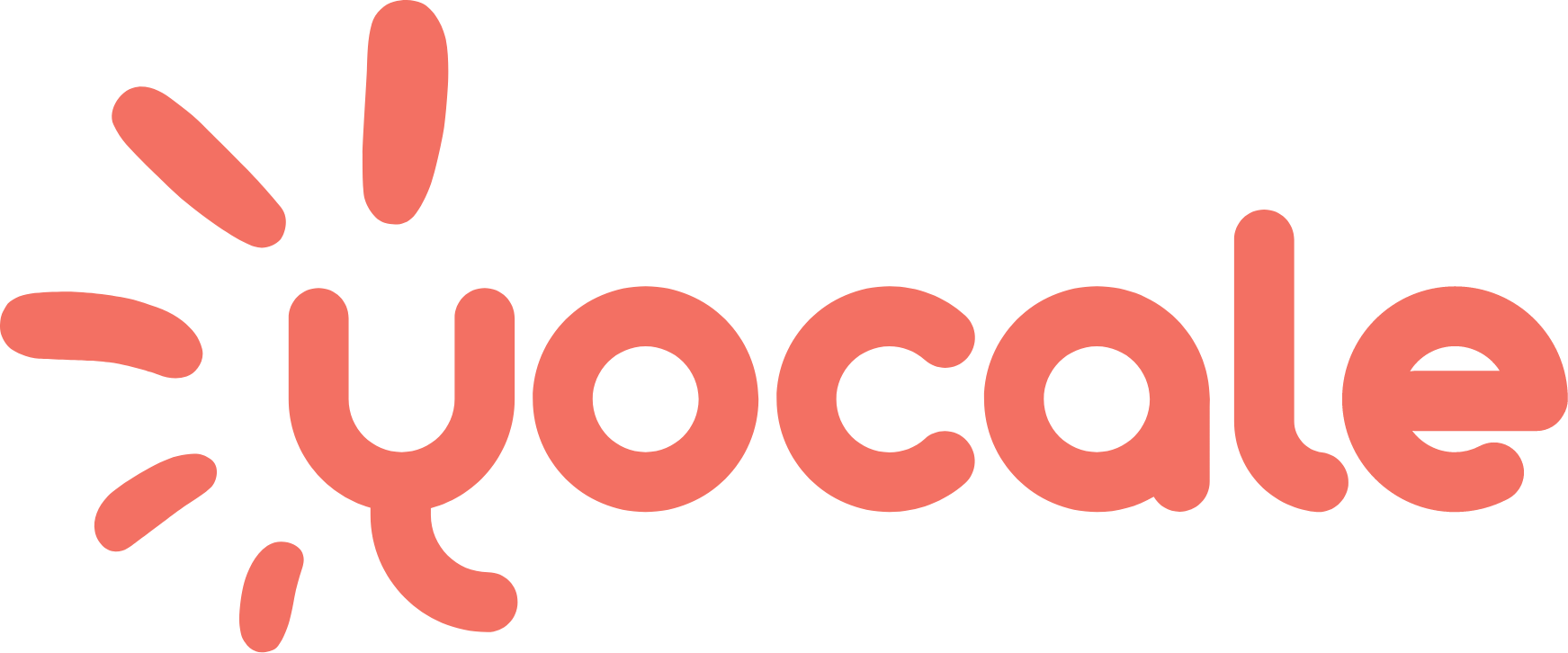Above all else, being a successful business owner requires flexibility. Business owners often find themselves swapping roles, taking on new responsibilities, and learning new skills in the hopes of bettering their businesses as well as themselves.
As business continues to evolve alongside digital technology, it’s becoming critical to understand the architecture behind the interconnected world we find ourselves in. From websites, to mobile apps, and more ambitious projects – technology is advancing at a rapid pace, and those who understand it have the definitive upper hand.
Few people know this better than tech enthusiasts like Bill Gates. On the topic of coding and its broad applications, Gates had this to say:
“Learning to write programs stretches your mind, and helps you think better, creates a way of thinking about things that I think is helpful in all domains.”
Entrepreneurs and business owners are known for being diversely knowledgeable and inventive thinkers. Never allowing themselves to stagnate, they’re continually pursuing new realms of thought.
Why? Well, like Albert Einstein once said, “knowledge is power.”
That said, not every business owner has the time to dedicate to mastering every modern coding language.
So what coding languages are beneficial to know, and why? And which ones apply to certain kinds of businesses?
Courtesy of us at Yocale, let’s take a look!
The Benefits Of Learning How To Code As a Business Owner
Boost Productivity, Improve Communication
Many businesses are built around the idea of segregating ideas and implementation. Whether this is done consciously or not, the end result is often the same: a dichotomous hierarchy of both idea engineers and software engineers.
The problem with this is that it creates collaborative scenarios that end up being non-collaborative. Because the “idea guys” don’t really understand the “techies,” overall productivity takes a hit.
Think of it this way – many of us have been to non-English speaking foreign countries where difficulties communicating with locals arise. By nature, a language barrier – no matter if it’s Spanish or C++ – creates communication issues.
Buy hey – misunderstanding isn’t a big deal if you’re on vacation! In business, however, it’s deadly and can severely impact performance and profitability.
However, if a business owner knows the basics of the language their team is working in, they can bridge the knowledge gap. They’ll be able to put themselves in the shoes of their programming staff, and perhaps even solve some of their tech-related issues themselves.
The end result? Less confusion, less misunderstanding, and improved productivity!
Cut Overhead/Development Costs
Another huge advantage of learning code comes in the form of reducing costs – something many business owners are deeply passionate about.
If you’re constantly searching for new ways to optimize your profitability, look no further than picking up a coding language!
You could even look at learning code as a long-term investment. Depending on the language you invest your time into, you might be able to cut costs by fixing tech-related issues yourself.
Perhaps your retail online booking system needs some under-the-hood integration work with your website. Or, maybe you’re thinking about developing mobile apps for your business in the future.
When facing these scenarios without any knowledge of code, you’ll likely be clueless. This is why most business owners turn to hiring help or employing programmers.
However, because programmers are in high-demand, help isn’t usually cheap.
But, if you hit the books, you might be able to do some of the legwork yourself and save money in the process. Two birds, one stone.
Improved Project Planning
Today’s tech-dependent businesses are constantly strategizing around the latest innovations. Whether they’re optimizing their site for mobile devices or exploring entirely new paradigms, planning is everything.
Without understanding the fundamentals of what makes modern technology “tick,” however, it becomes difficult to grasp the current moment – let alone envision a businesses’ future.
Shel Kaplan – a programmer and first employee of online retail juggernaut Amazon – recently reflected on how important this philosophy was during the company’s early days.
One thing that the Amazon experience taught me is try to imagine what a project or company would be like if it was more successful than you could ever possibly imagine. You have to think about what the environment will be like if that happens, and how the people involved in it might change.
Today, Amazon is the world’s largest online retailer.
Of course, there’s no guarantee that knowing your way around a few lines of code will bring your business unprecedented success. That said, even becoming somewhat versed in today’s digital languages can offer tremendous insights into planning efforts of all kinds.
So, What Coding Languages Should I Know?
While dusting up on some coding is universally pragmatic, selecting what language to study is a little more subjective. Depending on the business or focus of your company, learning about certain languages might be more practical than learning about others.
For your consideration, we’ve gathered a few digital dialects and given brief explanations on what makes each language valuable in today’s fast-paced, tech-driven world.
HTML/CSS: Foundations Of The World Wide Web
When it comes to general website creation, design, and maintenance, knowing your way around HTML, or Hypertext Markup Language, is key. Behind each and every website are layers and layers of HTML, no matter the complexity.
Thankfully, HTML is generally very user-friendly and is a great place to start your coding endeavors. It’s fairly easy to pick up, and with the help of some basic tutorials, you’ll be able to understand the foundations of billions of web pages better.
For the more stylistically-minded, CSS – or Cascading Style Sheets – can prove fascinating as well. CSS works alongside HTML to style and shape the way websites look and feel.
With even a basic understanding of both, you can better your understanding of the online world and potentially make troubleshooting your own site much less of a mystery.
iOS Apps: Development More Accessible Than Ever
If you’re at all invested in the world of mobile apps – good news! Apple’s new programming language has made it easier than ever to pick up and develop apps for iOS devices.
Traditionally, iOS apps have been written with both Objective-C and C code. These languages are generally pretty complex and usually necessitate hired programming help for businesses with mobile tech in mind.
However, Apple recently introduced their proprietary programming language, Swift, which aims to make the creation of apps for their products faster and easier. So far, the language has been a smash success with the coding community at large.
As of this writing, it’s already one of the top 10 programming languages in the world. It’s also made app development less much daunting and opened up a world of possibilities for novice coders.
If you’re interested, you can get started by visiting Apple’s website and downloading Xcode for Mac OS – it’s free!
Get Mobile With Android Apps Under-The-Hood
Like Apple’s iOS platform, developing Android apps typically requires a thorough understanding of a few different coding languages and services, including Android SDK (Software Development Kit), an IDE (Integrated Development Environment), and Java.
Sounds complicated, right? Thankfully, while it certainly won’t hurt to examine those developer environments, there are also more accessible ways to begin learning your way around Android.
If you want to jump in without doing your homework, services like Andromo and Appery simplify Android app development by only requiring minimal amounts of coding.
For Next-Level Web Development: Get Inventive With Ruby On Rails
While HTML and CSS may be the foundations of every website, coding frameworks like Ruby on Rails are responsible for taking web development to the next level.
Released in 2004 and built on the general-use language Ruby, Ruby on Rails powers notable sites and businesses like Shopify, Twitch.tv, Square, and SoundCloud. RoR is open source, too, meaning you can get started for free with a mere download.
Ruby on Rails is considered to be a very flexible and forgiving framework to learn due to its simplicity. While other coding languages are written with confusing scripting terms and syntax, RoR is lauded for being approachable, but powerful.
For these reasons and many more, Rails is a favorite of many tech start-ups, making it a solid choice for any business owner to begin learning. Who knows – it might end up powering the next incarnation of your business website!
—
As the ever-changing sphere of technology continues to evolve, it’s easy to be overwhelmed by the complexity of its foundations. In actuality, there’s never been a better or more convenient time to better our understanding of the technology around us!
Although learning your way around a few lines of code might seem like wasted effort now, it may be a wise investment in the future of your business. And if not, it’s still a sound investment in the development of yourself.
We hope you’ve enjoyed this post! For more on business strategy, online and off – keep up with us here, five days a week at the Yocale blog!




